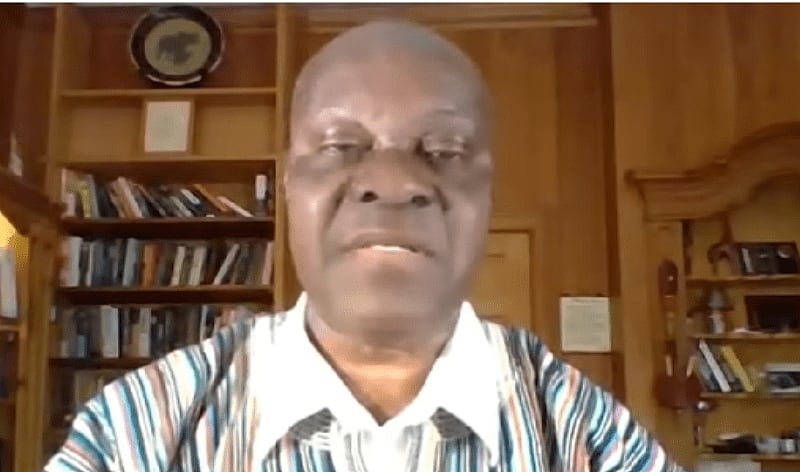Dr. Arthur Kobina Kennedy, a prominent figure within the New Patriotic Party (NPP), has expressed serious concerns regarding what he perceives as a deeply ingrained “leadership bias” within the party’s internal mechanisms. This bias, according to Dr. Kennedy, manifests in a lack of transparency and fairness, particularly in the aftermath of the NPP’s recent electoral setback. He argues that this perceived bias is not only detrimental to party unity but also undermines the NPP’s ability to effectively rebuild and strategize for future electoral contests.
A central point of contention raised by Dr. Kennedy is the unequal access to crucial information, specifically regarding the findings of the Mike Ocquaye-led committee tasked with reviewing the NPP’s electoral defeat. While the report remains inaccessible to the broader party membership, Dr. Kennedy notes that Dr. Mahamudu Bawumia, a leading figure within the NPP and a potential presidential aspirant, appears to have privileged access to the report’s contents. This disparity, Dr. Kennedy argues, creates an uneven playing field and fuels perceptions of favoritism towards certain individuals within the party. Dr. Bawumia’s subsequent “Thank You” tour, ostensibly aimed at expressing gratitude to party supporters, is viewed by Dr. Kennedy with skepticism. He suggests that the tour’s timing and tone indicate a strategically motivated attempt to consolidate political ground rather than a genuine effort to rebuild trust and address internal concerns within the party.
Dr. Kennedy’s critique extends to Dr. Bawumia’s rhetoric during the tour, which he interprets as an attempt to deflect blame for the NPP’s governance shortcomings onto former President Nana Akufo-Addo. This tactic, Dr. Kennedy warns, is likely to exacerbate internal divisions rather than foster unity. He cautions that attributing blame to the former president will only lead to acrimonious debate and further fracture the party’s cohesion, hindering its ability to move forward effectively.
The perceived leadership bias, as highlighted by Dr. Kennedy, is not merely a matter of internal politics but has significant implications for the NPP’s future prospects. The lack of transparency and equitable access to information erodes trust among party members and creates an environment of suspicion and resentment. This internal discord, if left unaddressed, will undoubtedly weaken the party’s ability to present a united front in future elections and effectively challenge its political rivals.
Dr. Kennedy’s concerns underscore a broader challenge faced by political parties in Ghana and elsewhere: the need to balance internal competition with party unity. While healthy internal competition can be a source of dynamism and innovation, it must be managed carefully to prevent it from degenerating into destructive factionalism. The NPP’s current situation exemplifies the risks associated with unchecked internal rivalries, where perceived biases and unequal access to information can undermine party cohesion and jeopardize its electoral prospects.
The NPP’s path forward requires a concerted effort to address the issues raised by Dr. Kennedy. Promoting transparency, ensuring equitable access to information, and fostering open dialogue within the party are crucial steps towards rebuilding trust and unity. Failure to address these concerns risks further alienating party members and jeopardizing the NPP’s ability to regain its footing and effectively compete in future elections. The party’s leadership must prioritize these internal challenges to ensure a cohesive and competitive future for the NPP.


